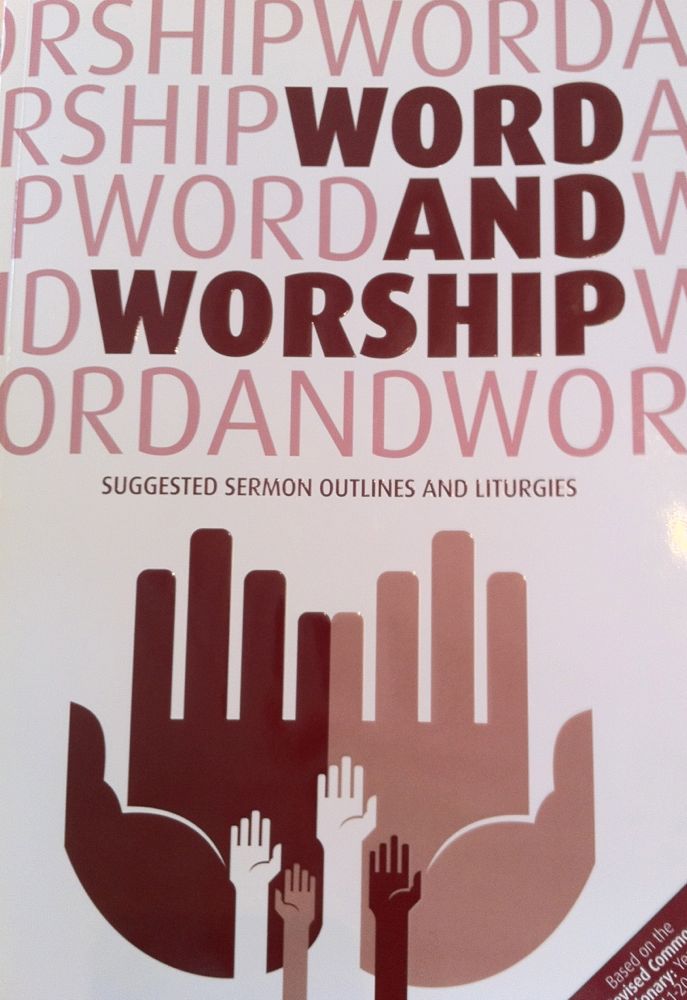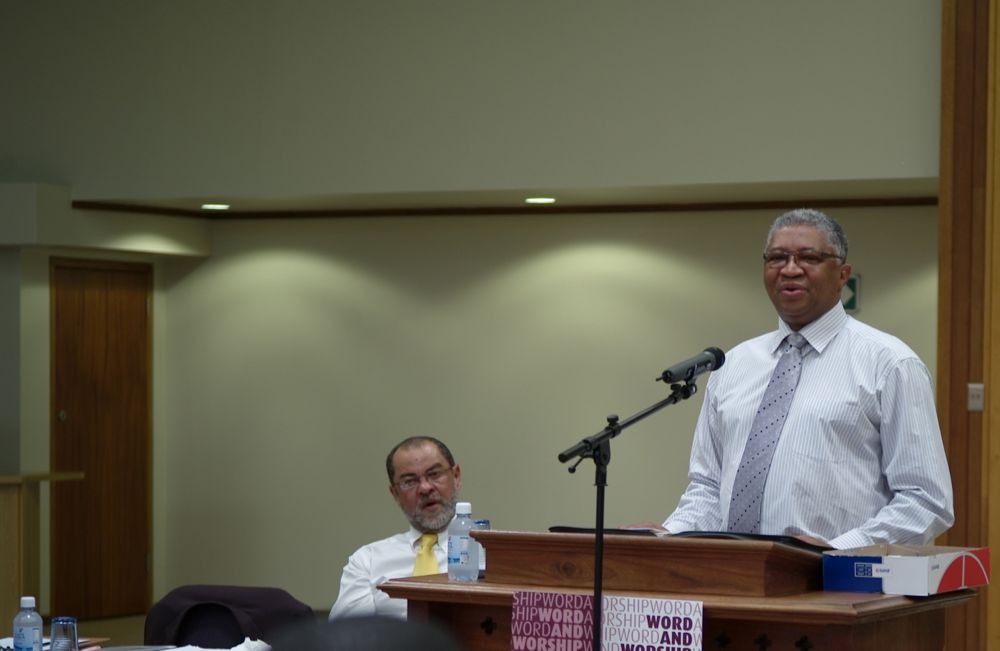Hermeneutics and homiletics - On Malcolm Gladwell's story of David and Goliath
 Friday, November 29, 2013 at 1:53PM
Friday, November 29, 2013 at 1:53PM A good friend of mine @JohannGrobler alerted me to a fascinating TED talk given by one of my favorite authors, Malcolm Gladwell on the Biblical narrative of David and Goliath. You can watch it on Youtube below.
It is fascinating to watch Malcolm share his perspective on this well known Biblical narrative. He is not only a very creative and astute thinker - able to find a novel angle to well known data, and then develop a point that opens up new possibilities for thought - he is also a very engaging and effective orator. I enjoyed watching the talk a great deal!
What Johann wanted to know was whether what was said about David (that he was probably more agile and skilled than Goliath as a warrior) and Goliath (that he was so large because of a cancer that causes unnatural growth (acromegaly). One of the side effects of this disease is short sightedness and double vision) were true. Well, my answer to Johann's question is quite simply, I am not sure! Unless we have medical evidence on Goliath's condition and corroborating testimony to substantiate the suggestions made about David by Malcolm Gladwell, Gladwell's theory is as plausible (or unplausable) as any other theory. We cannot have absolute certainty on the theory without substantive evidence to support it.
I can say, however, that I found what Gladwell said sensible and very interesting. What he suggests is certainly not outside of the realm of possibility. He does offer some second tier evidence to support his hypothesis. To support his claims about David's skill he cites historical documents and data about the effectiveness and accuracy of sling shot users in the ancient world. To support his claims about Goliath he cites some studies from contemporary (modern) medicine - although I am sure in both cases there is probably equally significant evidence and cause for reaching different conclusions. That is the nature of academic debate. Simply because and article is published, or a point is substantiated, that does mean that it is more true than another point. There are some very bright and intelligent people who believed all sorts of crazy things (with medical evidence to support their claims).
What struck me as most significant about this talk was the manner in which Gladwell has adapted the disciplines of hermeneutics and homiletics so effectively in making his point. What he is doing is very similar to what millions of priests, pastors, rabbi's and imman's do every week. He has taken a narrative (in this case the Biblical narrative of David and Goliath) and interpreted it creatively in order to argue a particular point - the point here is found in his conclusion, i.e., that we must not be too simplistic about our accepted view of dominant narratives, and that giants may not always be what they seem (which implies that underdogs may also not always be what they seem).
Homileticians use this approach frequently, they communicate and idea by using 'foundational knowledge' as a connecting point with the audience. Then they draw on other authoritative sources (in this case history and medicine) to introduce new knowledge that will support the reasonable acceptance of desired truth. In Biblical studies we teach our students to understand that the text always has a historical context, that the 'players' in the narrative have depth to them (they are seldom what the narrator or author of the text has presented). The intention is to use whatever data is available to unpack the deeper and more subtle truths about the elements of the story (the characters in the story, the plot lines, the intention of the author or narrator (what did he or she include or leave out, what was emphasised, what was underplayed - Gladwell does this a number of times in his talk), what was the situation of the recipients of the narrative (what did the author assume about them, their needs, their religious and social framework etc.). The process us called hermeneutics - the science of interpretation.
I am grateful to Johann for pointing me to this great talk, and for raising the question that allowed me to view Malcolm Gladwell's talk with a more enquiring mind than just accepting admiration.






